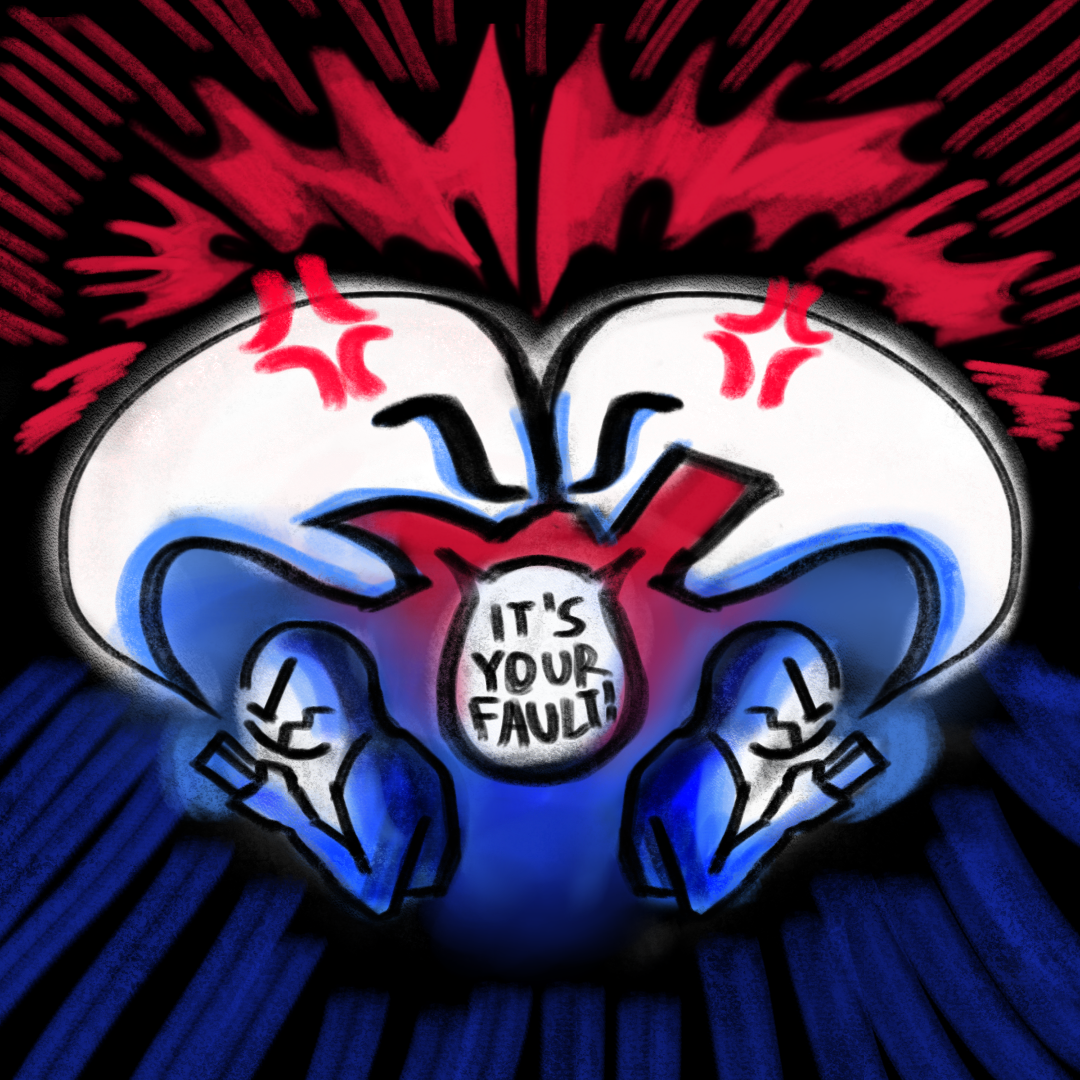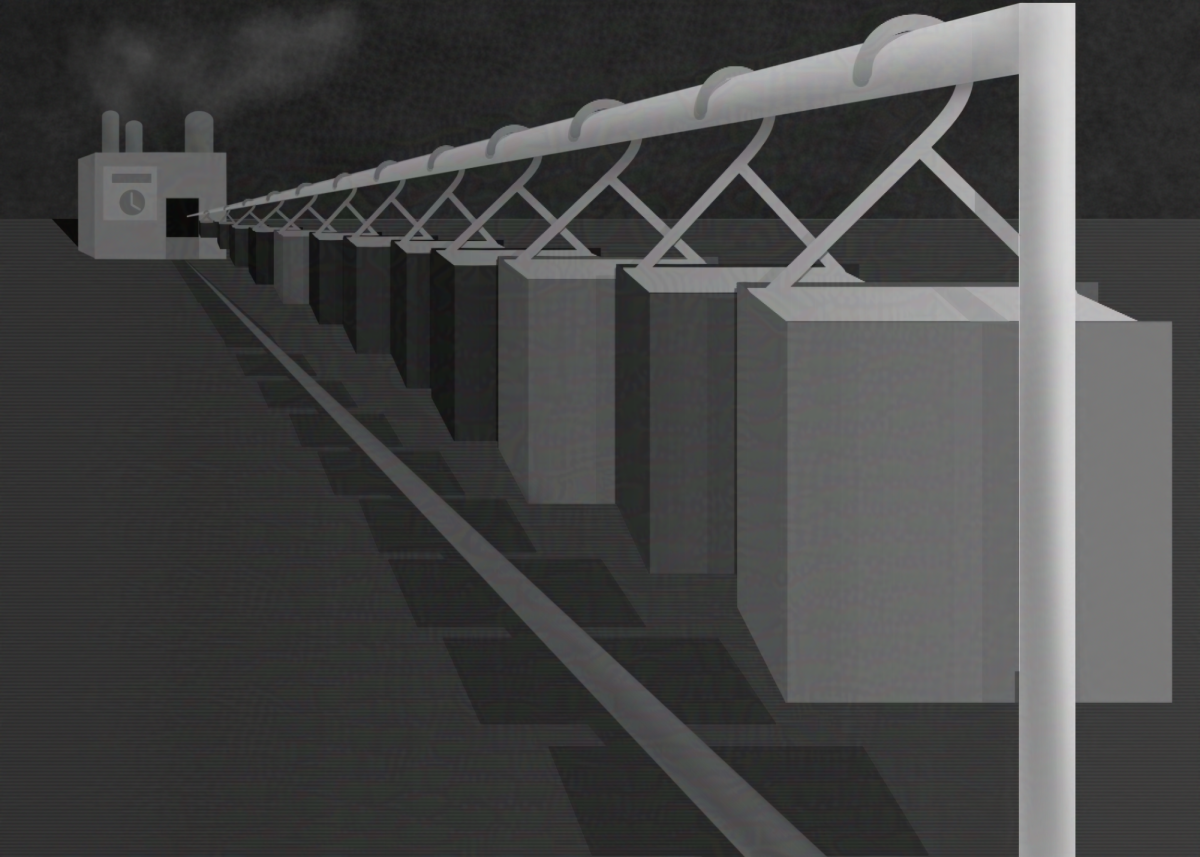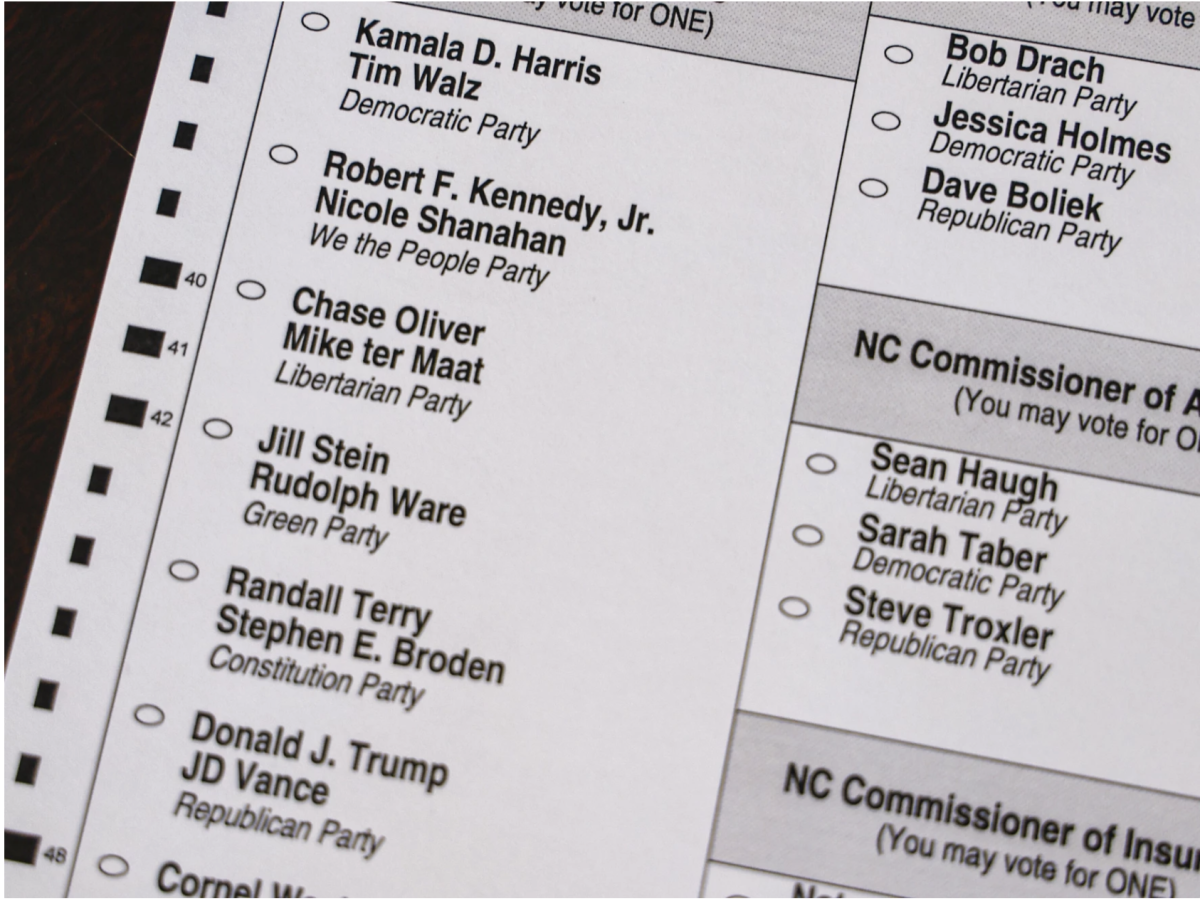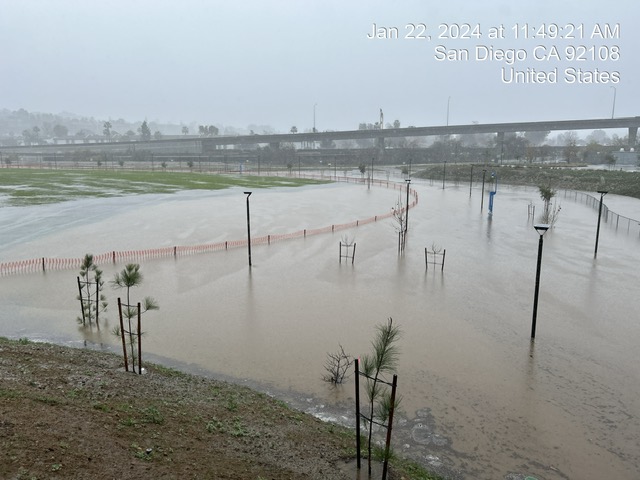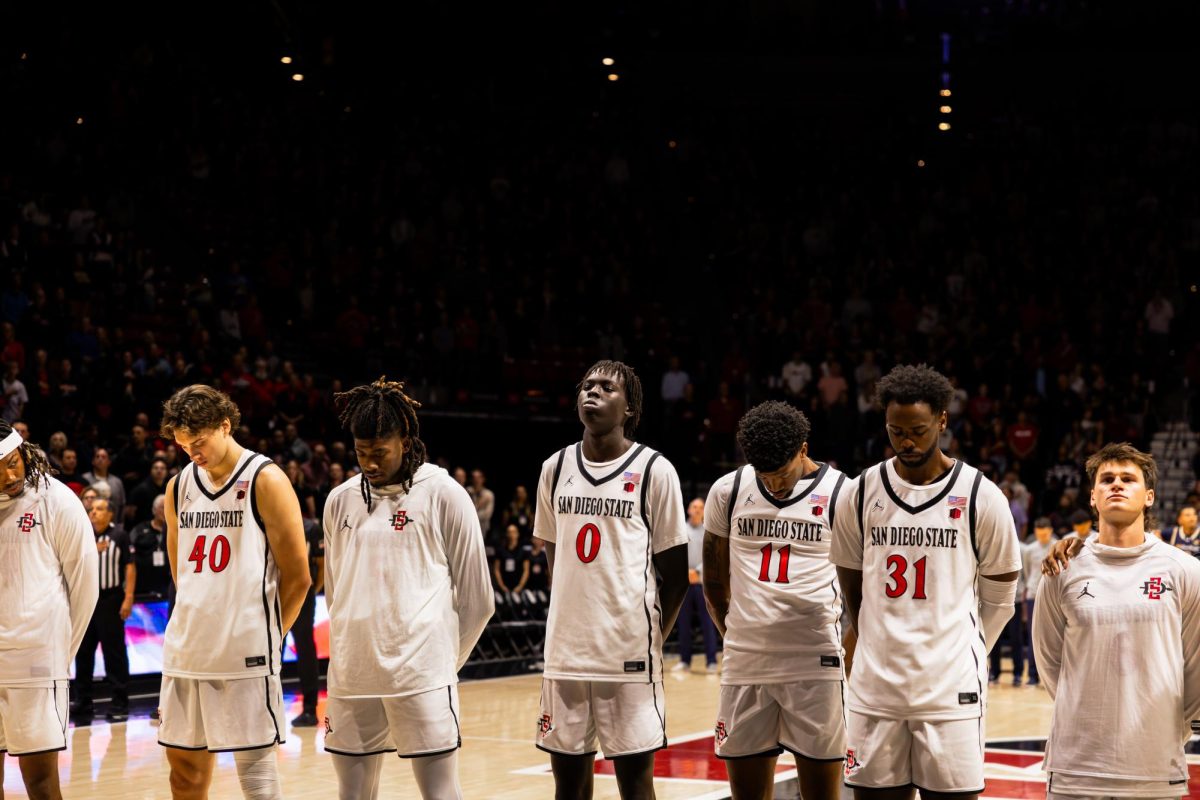Amy Schmitz Weiss, PH.D
Journalism and Media Studies Associate Professor
Freedom of speech to me means you have the ability to freely speak your mind and to be able to share those thoughts, opinions, and viewpoints with anyone and for them to be able to hear it.
We can see the lack of freedom of speech globally. There are a lot of places around the world where they don’t have the ability to speak freely and they don’t have the ability to publish freely. As a result, their viewpoints, their opinions and their information is stifled.
In many cases, they may be misinformed, and sometimes they can’t make the best decisions on a daily basis. We can see this happening all over the world. So, it’s important to know that we, in the United States, take it for granted having freedom of the press. We always think it’s just there, but we have to acknowledge that we fought for it to get where we have it today.
It’s important to recognize that we should continuously keep fighting for it, even though we do have it here in the U.S., because it could easily be taken away from us. This means being active in discussion, speaking out, getting your voice heard and making sure that your viewpoints are out there. It entails calling out those places in the world where censorship exists — where people don’t have the opportunity to have freedom of expression and calling into question, “Why is that?” and “Why can’t people all over the world have the opportunity to speak?”
The repercussions (of not having freedom of speech) are quite large. Having that stifled or taken away from you can be quite detrimental to your being able to know exactly what’s happening around you and how you feel about making decisions on a daily basis. From ones as simple as deciding where to go shopping for groceries to deciding what to wear, or who to vote for, and how legislation will change one way or another and how that will impact your daily life.
I think any or all of those can be impacted when freedom of expression is stifled.
Ronnie Schreiber, PH.D
Political Science Professor and Department
I think the important thing to understand, generally, or at least legally, with freedom of speech in the United States is it’s governed by laws when it has to do with speech being regulated by the government; so it doesn’t always apply to just individuals or individual acts of saying things.
It’s important that people understand that, that freedom of speech has a constitutional meaning.
Obviously, it’s problematic if we have government regulations that define what speech is appropriate and what is not appropriate. So, I think it is important that the First Amendment rights to freedom of expression are guarded.
However, I think it’s also important for people to understand that in no matter what context people are making speech claims or speech acts, that speech has consequences.
I appreciate we have freedom of speech, but it doesn’t mean that what you say doesn’t have consequences, and have effects on the way it influences fellow citizens and our ability to interact with each other. Some speakers have more power than others, so I think it’s important to understand the context in which speech is being made and how much power that speaker actually has.
In the most extreme cases, the lack of freedom of speech is problematic because the diversity of opinion doesn’t get heard and power gets replicated in very stringent ways, much more so than here in the U.S.
Carrie O’Connell
Journalism and Media Studies Lecturer
Freedom of speech means the ability to express ourselves in a manner that allows us personal autonomy. What it doesn’t mean is our ability to disrupt intentionally to just get others frustrated.
There are limits to freedom of speech, for example, don’t troll Delta Airlines and tell them there’s a bomb on the plane. To me, what freedom of speech essentially means is our unalienable right that carries with it a lot of responsibility, because our words do mean a lot and we can’t take that lightly.
There is a burden of responsibility when we express ourselves — especially if we’re journalists. We carry a lot of influence and a lot of power.
To me the lack of freedom of speech looks like, not just the censoring of the government, but also a silencing of dissenting opinion by groups that perhaps have an issue with another group. It can look like quieting a dissenter, which is typical of a government who shuts down someone who has a challenging opinion. I believe the lack of freedom of speech is much more complex than that also, it can be wielding your power to silence another and we see a lot of that happening across the world today. Sometimes that’s backed with a threat of physical force. One of the perfect instances that we’ve seen recently online are “concern trolls” where there is a lot of stifling of debate and stifling of opinion. Obviously this isn’t the stripping away of someone’s right to freedom of speech, but we certainly tend to self-muzzle when we feel threatened and we certainly pull back our public communication.
I think we’ve seen a lot of this recently with women. It’s really any denial of one’s right to express themselves and maintain personal autonomy within the boundaries of acceptable human behavior.
One of the consequences of limiting freedom of speech is a narrow point of view. If you limit free speech, if you try to impose one perspective and even if this is majority rule and shuts the minority down, what it does is it denies us diversity of intellectual thought — which is key to not only human interaction, but also key to newsrooms and it can lead to tunnel-visioning us.
I think dissenting voices, even as challenging as they are at times, are necessary because we all see the world in different perspectives.



